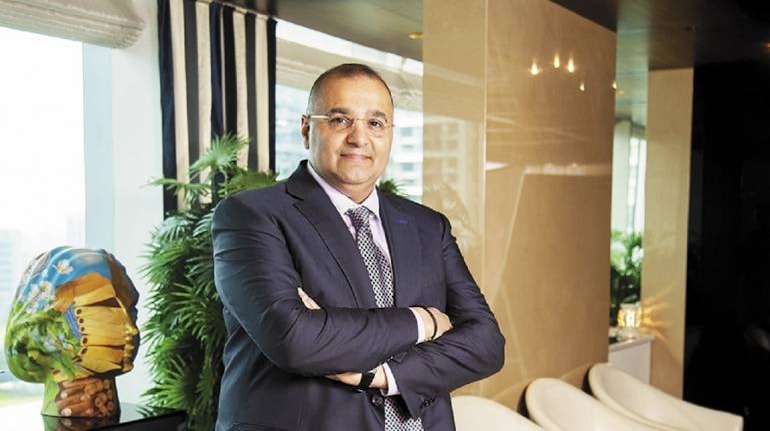



Kapil Wadhawan, promoter of crisis-ridden mortgage lender Dewan Housing Finance Ltd (DHFL), has moved the National Company Law Tribunal (NCLT) seeking participation in the committee of creditors' (CoC) meeting to be part of the discussions for finding a bidder.
Wadhawan has filed a petition in the Mumbai NCLT against the Reserve Bank of India (RBI)-appointed administrator in the matter.
Wadhawan has also requested access to data on DHFL's assets.
So far, there is no clarity on the bidding process for the troubled lender which was caught in a series of alleged financial irregularities.
Lenders to DHFL are likely to call for another round of bids, seeking higher value for its assets.
The bidders to DHFL include Adani Group, Piramal Enterprises, US-based Oaktree, and Hong Kong-based SC Lowy.
SC Lowy had submitted 10-70 percent higher price for either a stake in the company or buying out some of its assets.
Oaktree Capital has raised its bid price for the entire portfolio to Rs 33,000 crore from Rs 27,800 crore earlier.
There is a possibility that lenders may seek fresh bids seeking higher value.
Earlier, in a letter to administrator on November 11, Wadhawan had requested the RBI-appointed administrator to allow him to participate in the next meeting of the CoC so that he could “put forth some of these thoughts to the CoC on the video conference to constructively aid in the resolution process of DHFL”.
“I’m presently handicapped as I have no access to the records of the company to ascertain the present position, and I’m constrained to rely on the newspaper reports as well as my knowledge and experience of having run the business for more than 15 years,” Wadhawan said.
If given access to the records, he can make a proposal setting out the necessary upfront and deferred payment components, which will provide maximum value realization for all stakeholders, Wadhawan said.
DHFL is the first financial services company which has been sent to the NCLT under the insolvency and bankruptcy code (IBC).
In his letter, Wadhawan repeated his offer to pay up the entire principal amount to all creditors without any haircut, besides letting all creditors convert part of their debt to equity.
“Even today, I am willing to stand by the principle of 100 percent repayment of principal amounts to all the creditors without any hair cut as I do believe, from DHFL’s business, that such recovery is possible,” Wadhawan said in the letter.
DHFL is facing claims of Rs 87,031 crore from financial creditors.
Its large lenders include State Bank of India (including SBI Singapore) with Rs 10,083 crore exposure, Bank of India Rs 4,125 crore, Canara Bank Rs 2,681 crore, NHB Rs 2,434 crore, Union Bank of India Rs 2,378 crore, Syndicate Bank Rs 2,229 crore, and Bank of Baroda Rs 2,075 crore, Indian Bank Rs 1,552 crore, Central Bank Rs 1,389 crore, IDBI Bank Rs 999 crore, and HDFC Bank Rs 361 crore.
DHFL posted a net loss of Rs 2,122.65 crore in the quarter ended September, 2020, as compared with a net loss of Rs 6,640.62 crore in the corresponding quarter in the previous year.
It had posted a profit of Rs 70 crore in the first quarter.
Total assets of the company stand at Rs 83,638 crore as of September-end, compared with Rs 85,926.95 crore in the March quarter. Total liabilities stood at Rs 91,250.13 crore in the September quarter as against Rs 91,326.19 crore in the preceding quarter, the company informed exchanges on November 26.
In the results note, auditors said the company’s ability to continue as a going concern depends upon the outcome of the ongoing corporate insolvency resolution process.
Discover the latest Business News, Sensex, and Nifty updates. Obtain Personal Finance insights, tax queries, and expert opinions on Moneycontrol or download the Moneycontrol App to stay updated!
Find the best of Al News in one place, specially curated for you every weekend.
Stay on top of the latest tech trends and biggest startup news.